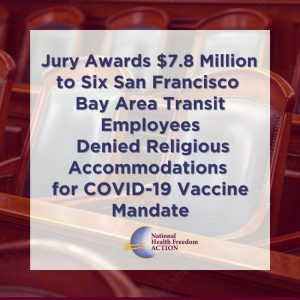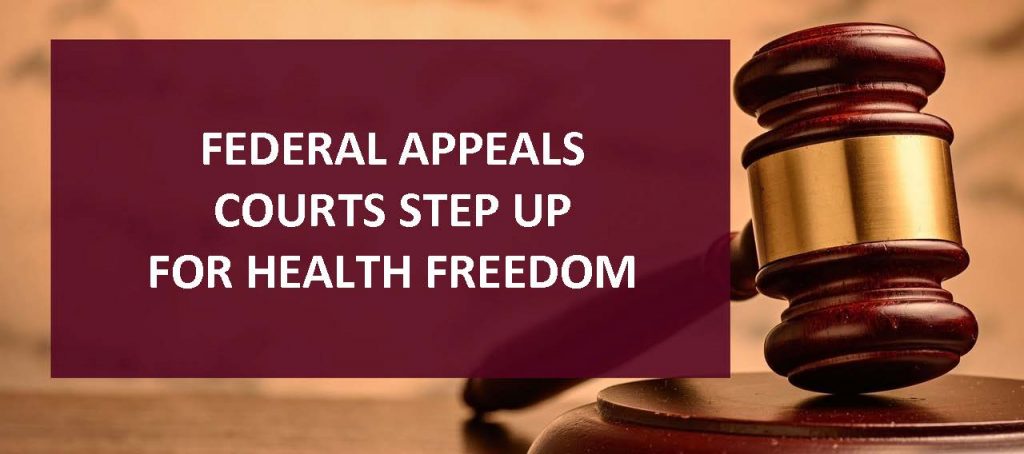Mootness?
The first issue the court dealt with is “mootness,” here meaning that the mandate was no longer in effect when they wrote the opinion. LAUSD had dropped the employee COVID-19 vaccine mandate twelve days after oral arguments. To the Ninth Circuit, it appeared LAUSD is playing games and has not shown that there is “no reasonable expectation remains that it will return to its old ways.” Also, “LAUSD appears to have twice sought to manipulate the federal courts to avoid an adverse ruling on this issue.”
Jacobson does not apply
As to the main issue, the trial judge had ruled that under Jacobson v. Massachusetts (1905) LAUSD’s COVID-19 vaccine requirement was “rationally related” to a legitimate government interest and then dismissed the case. The Ninth Circuit differed. They pointed out that the plaintiffs allege the vaccines do not stop infection or transmission and that the 1905 case was based on public health, i.e. protecting others.
Vaccine really a medical treatment
As alleged by the plaintiffs, these vaccines only help the people who get them, who can still spread the disease. So, they are a “medical treatment” and not a legitimate public health prophylactic. The complaint backs up these claims with data and statements from CDC: in September 2021 the agency changed the definition of “vaccine” to remove the word “immunity.” Plaintiffs also cite CDC’s statements that the vaccines do not prevent transmission and that natural immunity is superior.
“Preventing the spread”
Jacobson was predicated upon “preventing the spread” of smallpox. So according to the Ninth Circuit, the district trial court:
“[E]rred in holding that Jacobson extends beyond its public health rationale—government’s power to mandate prophylactic measures aimed at preventing the recipient from spreading disease to others—to also govern ‘forced medical treatment’ for the recipient’s benefit.”
The appeals court reversed the earlier dismissal and sent the case back to the district court, ultimately to proceed towards trial.


